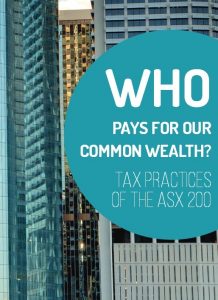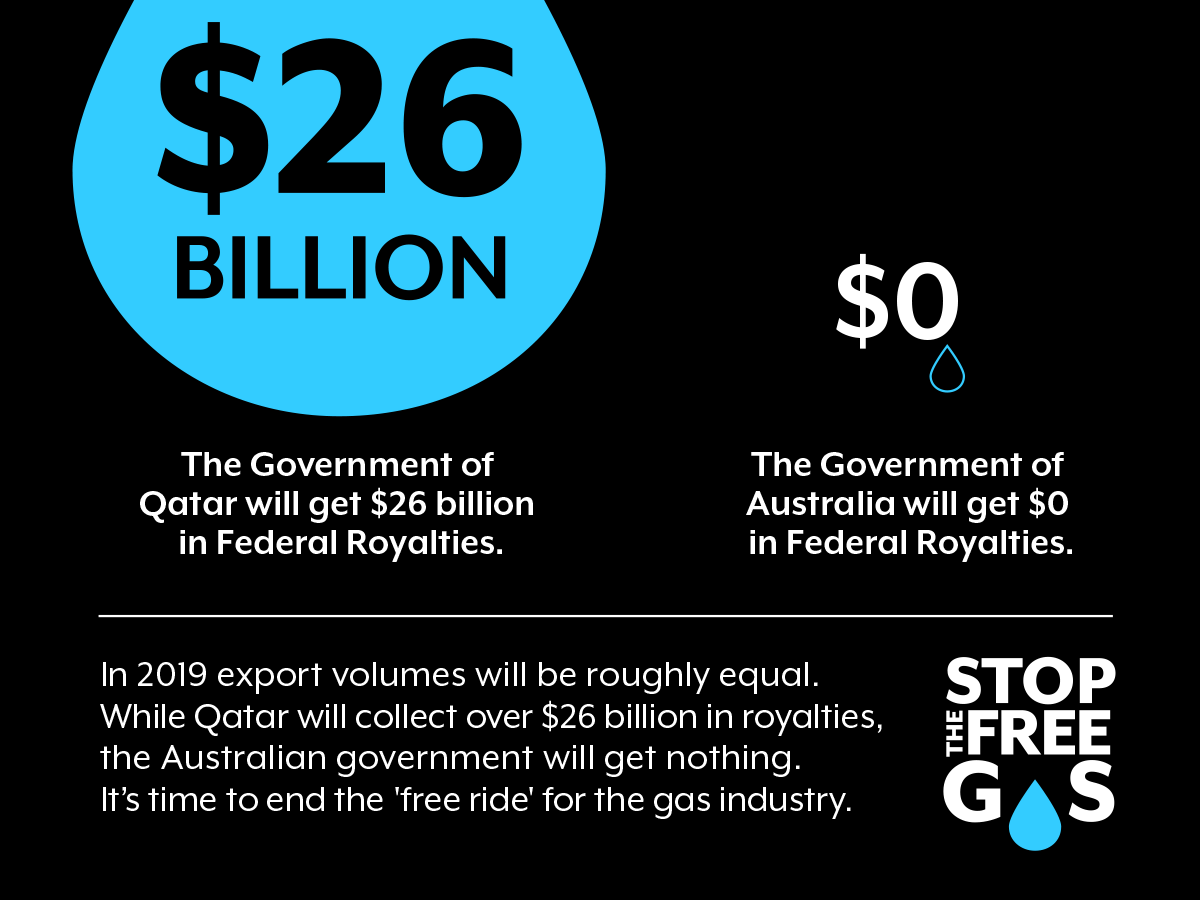America is haunted by phantoms
An anonymous company is a brilliant way of hiding wealth and covering up all kinds of dodgy business. They are hugely popular in the more sophisticated circles of the criminal world.
Not all jurisdictions allow anonymous companies, but those that do have a roaring trade. One such place is Delaware, a small state on the highway between New York and Washington DC.
A report from Global Witness published last week blows the lid off how some of these American companies are being used. This included embezzling school funds, ripping off the elderly and selling fake equipment to the military.
As noted by the Washington Post, proposals to end anonymous companies in America were first proposed over 20 years ago by Senator John Kerry in the wake of the BCCI bank scandal.
Will the US, the G8 and the G20 finally sort out this regulatory blindspot? Will there countries introduce disclosure rules so stakeholders can identify the true human owners of companies? Or will phantom firms continue to haunt us?
For Gawd’s sake, just sort it out
Regulators and politicians on both sides of the Atlantic are taking aim at a tax loophole which is generating $1bn in fees for American banks.
The practice is known as dividend arbitrage and it works like this: A Hedge Fund that holds shares in a company which is about to pay a dividend will put them in an offshore company, preferably in a country that doesn’t charge taxes on dividend income.
It then collects the income tax free and splits the difference between the client, the bank that facilitated the trade and themselves. Easy money.
 Although the trade is usually conducted in London, the Wall Street Journal reports that more than $1bn a year is generated in fees for American banks who act as brokers.
Although the trade is usually conducted in London, the Wall Street Journal reports that more than $1bn a year is generated in fees for American banks who act as brokers.
According to the WSJ, the Fed has been in touch with a number of banks in the US about the practice.
In the UK, dividend arbitrage is coming getting attention too. At last week’s Labour conference, the party said if elected next year it would “stop hedge funds avoiding hundreds of millions in tax on shares, so that they pay the same amount as individual investors and pension funds”.
Here at the Wrapper Home of Broken Hearts, Minds and Promises, we are not holding our breath.
We remember when the German and French governments introduced rules to stop the ruse in 1998. Traders in German and French securities then simply moved to London.
We remember when in 2008, US regulators introduced rules to prevent dividend arbitrage in US securities. The trade in US securities then moved to the UK.
We remember when in 2011 the Bureau of Investigative Journalism reported that the scheme was losing €595m a year in tax revenues to Germany France and Italy.
We remember the European Union tried to introduce European wide rules to stop the practice but that rather uppity pirate island known as the UK vetoed the rules.
Tax justice for the rich – now!
Keen readers of the Wrapper will recall that back in January we reported that the Australian Tax Office was considering an amnesty on tax evaders who hold their wealth offshore.
Well, the Amnesty has got underway. Lawyers and accountants have started talking about the terrible toll this is having on the poor rich.
The argument runs like this: Australia, an immigrant nation, has long harboured people fleeing conflict and repression around the world.
Often desperate migrants hide assets in places like Switzerland during their escape. And now their sons and daughters have to deal with the tax bill.
The argument makes perfect sense until you think about it. Firstly, owning assets abroad is not a crime. It only becomes a problem when you fail to declare those assets to the tax authority.
Second, Australia is not a dictatorship. Whereas there is an understandable argument for hiding your assets from a repressive regime, there is less of an argument for hiding your assets from a democratic regime that has given you and your family safe haven for decades.
Finally, the amnesty only requires you to pay four years of offshore income. That is a major tax saving if your assets have been sitting in a Swiss bank account untaxed for decades.
Corporate Kangaroo hopped off with all the cash
A far bigger problem for Australia, is corporate tax avoidance, according to a new report from the Tax Justice Network Australia.
The report looked at the 200 largest stock market listed companies and found that one third of them paid corporation tax at less than 10%.
Westfield Retail Trust, the international shopping mall developer, pays nothing, and Rupert Murdoch’s 20th Century Fox pays 1%.
In addition the report found that 57% of companies had subsidiaries in tax havens, and estimated that the country is losing A$8bn a year.
The report is released ahead of the G20 summit hosted in Australia, which will seek to tighten international rules on tax avoidance. Hopefully.
Switzerland campaigns to end keep bank secrecy
Campaigners in Switzerland are fighting back against attempts to end banking secrecy. Currently the tax authority in Switzerland can only look at bank accounts where it has been proven that tax evasion is taking place. This is more or less impossible without access to bank accounts.
Now, however, there is a co-ordinated international plan to introduce Automatic exchange between domestic banks and domestic tax authorities.
But a campaign, launched by a number of right wing political parties, has submitted 100,000 signatures to preserve Swiss banking secrecy. In Switzerland this is enough to trigger a referendum on the issue.
Let battle be joined.








Leave a Reply